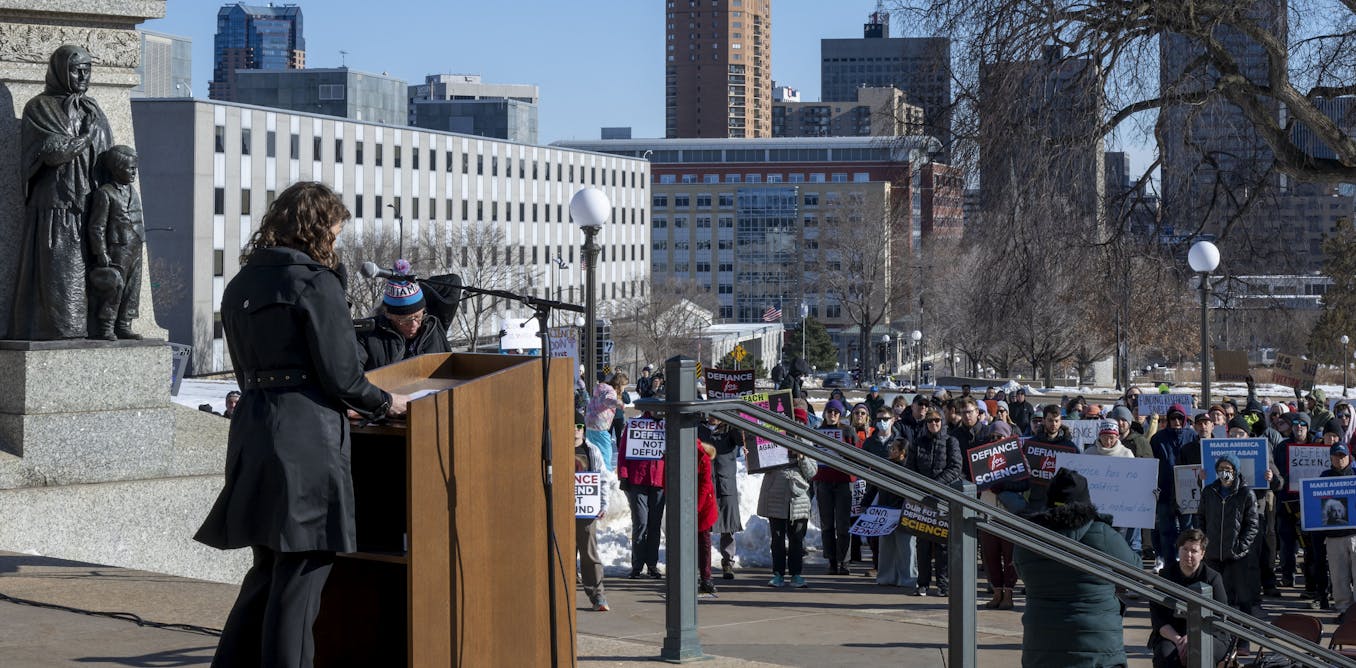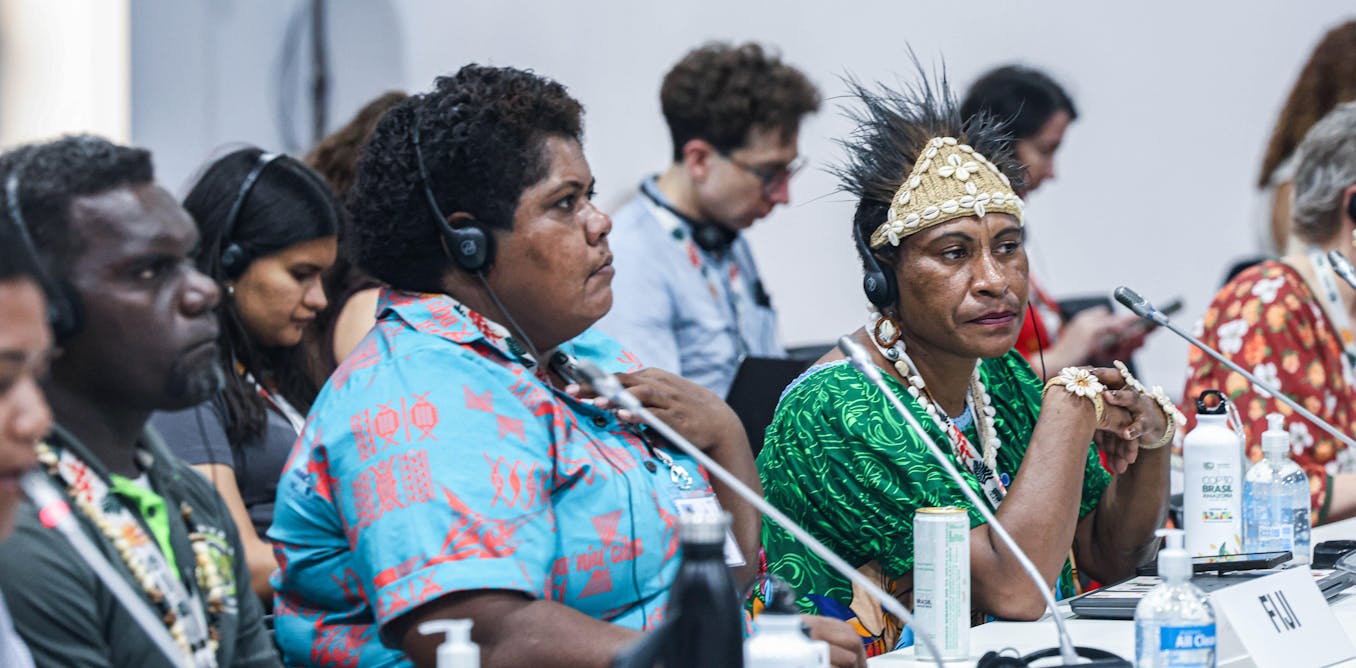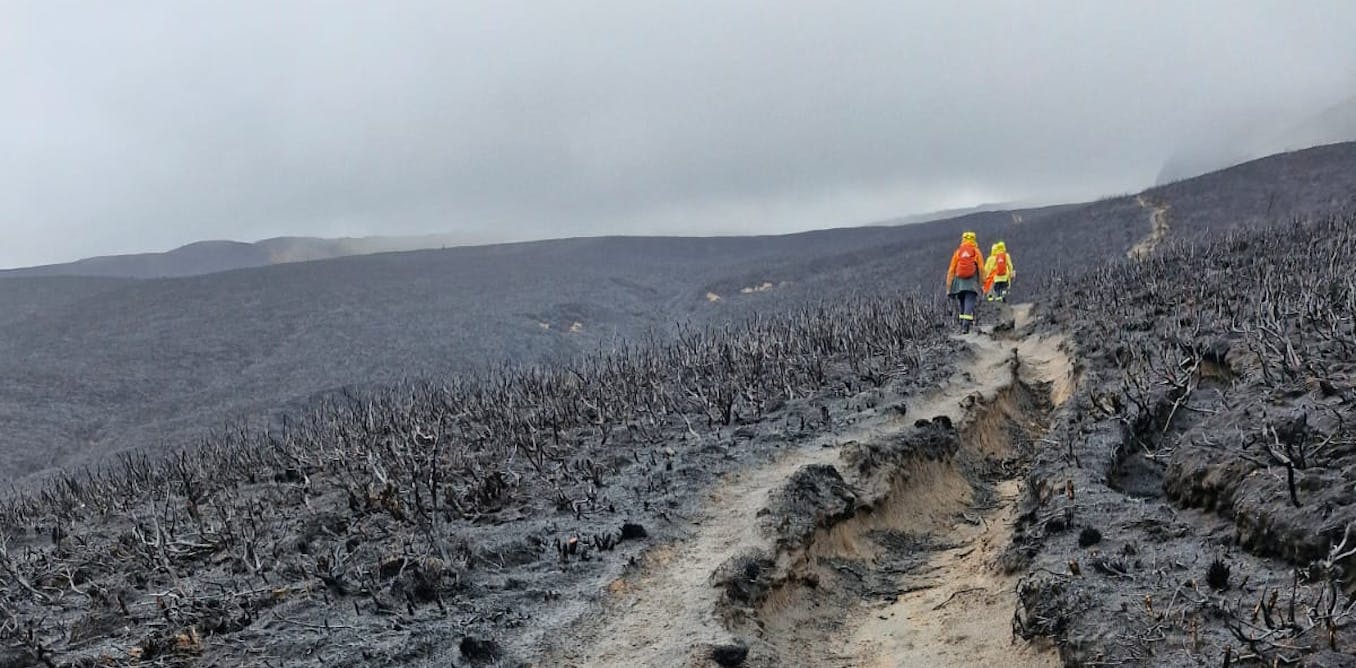Fight for Justice — Even if You Don’t Live To See It | Golriz Lucina | TED
In her TED talk titled “Fight for Justice — Even if You Don’t Live To See It,” Golriz Lucina tells the powerful story of Táhirih, a courageous woman who challenged the oppressive traditions of her time in 1848 Iran. Táhirih bravely removed her veil and spoke out for human rights, despite knowing that she would face severe consequences. She was imprisoned, charged with spreading corruption, and eventually sentenced to death.
Lucina draws parallels between Táhirih’s story and the experiences of modern-day women in Iran who continue to fight against injustice. She emphasizes the importance of Táhirih’s message that even though she may not live to see the change she fought for, her actions planted seeds that would grow into trees under whose branches future generations would find justice and peace.
Lucina’s talk encourages the audience to consider the power of sacrifice and the urgency of acting with conviction, compassion, and love. She shares Táhirih’s poetry and calls on individuals to join the fight for justice and to sow seeds of love that will grow into a more just and equitable world.
The talk serves as a powerful reminder of the lasting impact of Táhirih’s bravery and determination and inspires listeners to continue the fight for justice, even if they may not live to see the change they are working for.
Watch the video by TED
It is not an unusual sight in Iran: a large conference attended only by men. After all, women are to be hidden from public view, kept uneducated, silent, powerless. It is within these strict confines that a young woman, eyes bright with possibility for a more just and equitable world,
Bravely steps into this gathering of men with her veil removed. Her face is uncovered, an act considered blasphemous. Just the presence of this woman alone sends shock waves through the crowd. She declares that the time has come to break away from antiquated traditions and step into a new era of human consciousness,
In which every person is free to choose their own path. Soon after, she is imprisoned, charged with spreading corruption on Earth and sentenced to death. This woman was Táhirih. A poet, a mystic, a champion for human rights. Now, this story may sound like a recent headline from Iran,
But it actually took place nearly 200 years ago, in 1848. When I look at my birthplace of Iran today, I have to ask, what’s changed? Have we made any progress? I see Táhirih’s fate being replayed in the lives of other courageous women who at this very moment are choosing nonviolent means,
Such as speaking out and removing their hijabs, to proclaim their freedoms. And tragically, just like Táhirih, their lives and the rights they are defending are being stamped out and suffocated. It’s easy to feel hopeless. It’s easy to feel defeated. Yet within their stories, and within hers, I do see progress.
I see powerful lessons about what it means to believe so deeply in the transformation of society that we dedicate our lives to laying down the building blocks of a better world. A world we may not even live to see. Táhirih’s life is an example of being undeterred by our limitations and our constraints.
In an arranged marriage since the age of 14, and with three children, Táhirih still used whatever tools she had within her means — her words, her actions, her poetry — to encourage all of those around her to abandon the suffocating scripts that they had inherited for their lives,
And to independently investigate the truth for themselves. She was met with hostile opposition, abuse and imprisonment. Yet Táhirih was unflinching in her efforts, fixing her eyes on a horizon line of justice and freedom for all. Through Táhirih’s actions, we understand the power that sacrifice has in awakening a collective consciousness.
Though much of her writing and her poetry was destroyed after her death, her legacy could not be extinguished. So many hearts were transformed by the teachings that she spread, and the seeds of possibility that she planted for equality and freedom are now bursting through the soil of Iran,
As evidenced in these brave, youthful, female-led protests that erupted following the tragic death of Mahsa Jina Amini, the 22-year-old Kurdish Iranian woman who died in police custody after being arrested for improperly wearing her hijab. Now today, when I hear that rallying cry, “woman, life, freedom,” I can’t help but hear Táhirih’s last words
Before she was executed, taken in the middle of the night and strangled with her own scarf. She said, “You can kill me as soon as you like, but you cannot stop the emancipation of women.” “You can kill me as soon as you like, but you cannot stop the emancipation of women.”
Táhirih’s legacy invites each of us to consider what is fueling our own activism. Her words and actions, though radical and upending, were not born out of bitterness or hatred, or fueled by self-interest. It was Táhirih’s deep love for humanity that propelled her forward. And therein lies our challenge.
Can we stand up against oppression and injustice while deeply rooting our thoughts, our words, our actions in compassion and love? Táhirih’s life teaches us that we must act with urgency and conviction, while recognizing that we may not live to see the fruits of our efforts.
We cannot expect immediate gratification in our pursuit of justice, because the transformation of society is a multigenerational endeavor. So what can we do? We can take to heart Táhirih’s trailblazing example, and in every moment, we too can bravely choose to do the next right thing,
Knowing that we are planting seeds that will grow into trees under whose branches future generations will find justice and peace. I want to end with a poem of Táhirih’s, translated from its original language of Farsi, not only because it feels like it could have been written today,
In light of all the conflicts we are witnessing with broken hearts all around the world, but also because she offers us a clear and poignant call to action at a time where we might be asking ourselves what we want our legacy to be. “Let warring ways be banished from the world.
Let justice everywhere its carpet throw. May friendship reconcile ancient hatreds. May love grow from the seed of love we sow.” Thank you.
About TED
The TED Talks channel features the best talks and performances from the TED Conference, where the world’s leading thinkers and doers give the talk of their lives in 18 minutes (or less). Look for talks on Technology, Entertainment and Design — plus science, business, global issues, the arts and more. You’re welcome to link to or embed these videos, forward them to others and share these ideas with people you know.
Video “Fight for Justice — Even if You Don’t Live To See It | Golriz Lucina | TED” was uploaded on 01/19/2024 to Youtube Channel TED


































